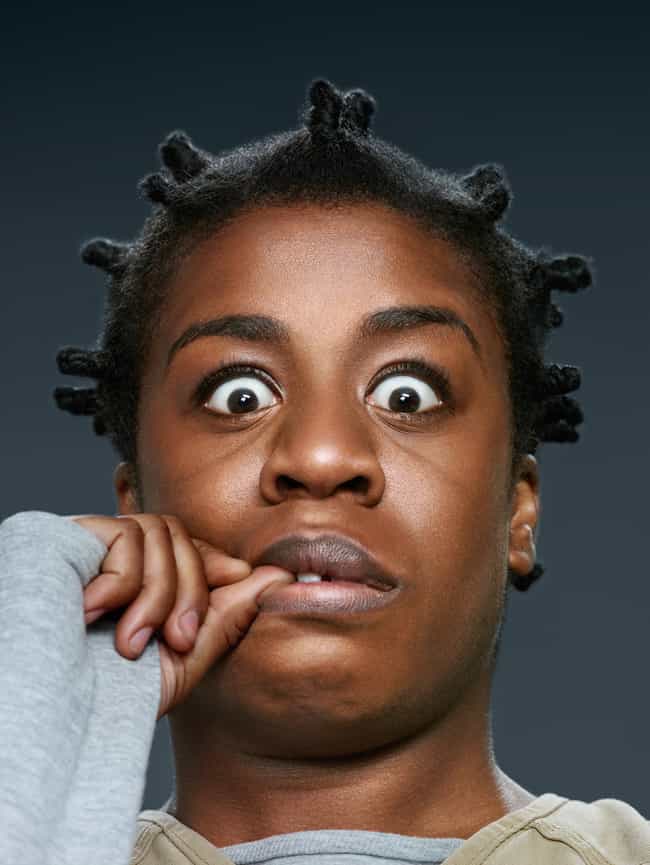
Recently, I came across a publication in the Western Journal of Black Studies by Diana Martha Louis. The paper, "Bitch You Must Be Crazy: Representations of Mental Illness in Ntozake Shange's For Colored Girls Who Consider Suicide When the Rainbow is Enuf’ (Louis, 2013), does a phenomenal job of noting the social constructs fermenting the thought of suicide among black women. The paper further highlights the suggestions made by Shange to treat and prevent mental illness.
If you are unfamiliar with Ntozake Shange's 1976 play, "For Colored Girls Only, Who Consider Suicide When the Rainbow is Enuf” it is an exceptional collection of 20 separate poems combined with music and dance. In 2010 Tyler Perry released a film adaptation of the play. Little known to myself, Shange, overcame a struggle with her mental health during her graduate years of college, attempting suicide several times after a split with her husband. This gives her even more creditability as an advocate for the need of cultural awareness when treating African American women who battle mental illness. Shange is able to empower not only black women but all women through her play.
Louis' review of Shange's most famed play as it relates to mental illness is relevant and highly recommended if you have an interest in women's studies. Louis begins by providing supporting statistics on the prevalence of suicide in the black community, which dispels the rumors that suicide among African Americans simply does not exist (Louis, 2013). The publication cites several sources of information creating the foundation for a discussion on mental health among blacks including a national report by former surgeon-general, Dr. Satcher (Louis, 2013). Louis then goes on to analyze what she identifies as three "overlapping issues" represented in Shange's play (Louis, 2013). These were identified as social context and physiological condition, constructions of womanhood, and self-reclamation and sanity (Louis, 2013).
One of the major points Louis makes in her publication is that Shange encourages a rejection of the language that suggests black women are "crazy bitches," because it is dehumanizing and further blames the victim for her experience (Louis, 2013). Louis also makes sure to point out the historical context of demeaning labels used to describe black women such as "Jezebel" (Louis, 2013). It is also pointed out in this publication that the marginalization of black women within society is a trigger to declining mental health and suicide (Louis, 2013). Louis, however, also references the work of Patricia Hill Collins, who suggests that the "outsider within" can be a source of strength (Louis, 2013). This source of strength can also be used as a coping skill to prevent self-harm. I would be remiss, if I did not also credit Louis for addressing the elephant in the room when discussing the abuse of black women when she eloquently stated, "...For Colored Girls depicts Black women's pain at the hands of black men...is criticized for airing the community's dirty laundry and demonizing black men...perceived as threats to the community as a whole" (Louis, 2013). The elephant being our own hand in our own destruction. Louis does point out that throughout Shange's play, empowering women to talk about their experiences and peer support as another noted suicide preventative factor and a necessity to healing (Louis, 2013).
Overall, I highly recommend this publication by Diana Martha Louis. Louis provides great insight into the social constructs that the black community must address in order to reduce suicide among black women. Louis is also careful to note strengths and attempts by Shange to empower black women to take control of their own lives through self-love, fellowship, and talking about their experiences.
Go read it!!!
References
Louis, D. M. (2013). Bitch You Must
Be Crazy: Representations of Mental Illness in Ntozake Shange's for Colored
Girls Who Consider Suicide When the Rainbow is Enuf (1976). Western Journal of Black Studies, 37(3),
197.